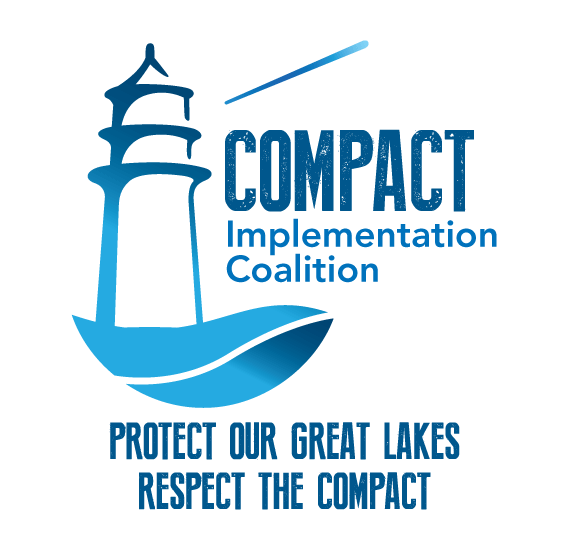Waukesha has alternatives to Lake Michigan water
Waukesha has alternatives to Lake Michigan Water - Milwaukee Journal Sentinel, July 19, 2015
Authors: Jennifer Bolger Breceda and Jodi Habush Sinykin
A July 13 article titled "Opponents of Waukesha water diversion plan focus on service map," draws attention to the shaky underpinnings of Waukesha's water diversion application.
In its application for a diversion of Lake Michigan water, the city of Waukesha claims its water utility is merely following state planning law by including an expanded water supply service area, which is almost twice the size of its current water supply service area. This reliance on state planning laws is in direct conflict with the Great Lakes Compact, the historic regional agreement enacted into federal law in 2008, which sets forth clear legal guidelines for protecting, conserving and managing the precious and vulnerable water resources of the Great Lakes basin.
Waukesha's attempt to use the expanded service area to demonstrate need for Lake Michigan water will not pass legal muster under the Great Lakes Compact, which trumps state law. Quite simply, the portions of neighboring communities included in the expansion do not meet two key compact requirements: they fail to demonstrate water conservation efforts to date and fail to show an inadequate existing supply of drinking water.
The water demand associated with the expanded service area in Waukesha's application is based on thousands of residential and commercial entities that are not connected to Waukesha's sewer or supply systems and, in fact, may never hook up, since their wells are expected to meet their water needs far into the future. The 2008 memo from the Southeastern Wisconsin Regional Planning Commission cited in the July 13 article concedes this very fact, stating, "Absent a demonstrated need and local initiative, residents and businesses in these areas (expanded service area) could be expected to remain on individual wells."
These neighboring communities offer a potential, but unlikely, future need in Waukesha's application, and thus, neither the neighboring communities nor the City of Waukesha meet the compact's requirement of diverting Great Lakes water as a last resort. The Great Lakes Compact does not allow for withdrawals based on possible future need of expanded service areas.
If the diversion is approved, individual residents and businesses will be forced to pay thousands of dollars to hook up to the new municipal sewer and water supply infrastructure — something Waukesha never mentions in its application. Additionally, most of these small neighboring communities cannot feasibly pay for extensive new infrastructure systems necessary to meet the conservation requirements laid out in the Great Lakes Compact.
Waukesha Water Utility's own financial predictions expect the average customer's rates to skyrocket over the next decade, to almost $900 per year by 2024, almost three times the amount customers paid in 2014. Those costs would be dramatically less if Waukesha simply chose not to expand its service area.
Add to all of this new information released recently showing Waukesha has a safe, viable alternative to a Lake Michigan diversion if it calculates current and future water demand based on its current water supply service area.
The city of Waukesha can add treatment technology to three existing deep groundwater wells and continue to use existing shallow and deep wells to meet all of the current and future water needs of its current water supply service area. Over 40 other communities in Wisconsin use this common and safe method of treatment to meet radium standards. This can all be done with no additional drawdown of the deep sandstone aquifer, no impact to local wetlands or surface waters and with over $150 million in savings for current Waukesha ratepayers. It is Waukesha's best option, yet the city is willfully ignoring it.
Waukesha's reliance on state planning laws to justify a request that has neither the best interest of its residents nor the Great Lakes region at heart is irresponsible at best. The Department of Natural Resources has no other option than to deny Waukesha's request.
The DNR released its draft environmental impact study and preliminary decision on Waukesha's diversion application on June 25. Comments on both are being accepted until Aug. 28. We urge concerned citizens to submit comments and attend hearings slated for Aug. 17-18.
Jennifer Bolger Breceda of Milwaukee Riverkeeper and Jodi Habush Sinykin of Midwest Environmental Advocates (on behalf of the Compact Implementation Coalition). Follow developments atwww.protectourgreatlakes.org
